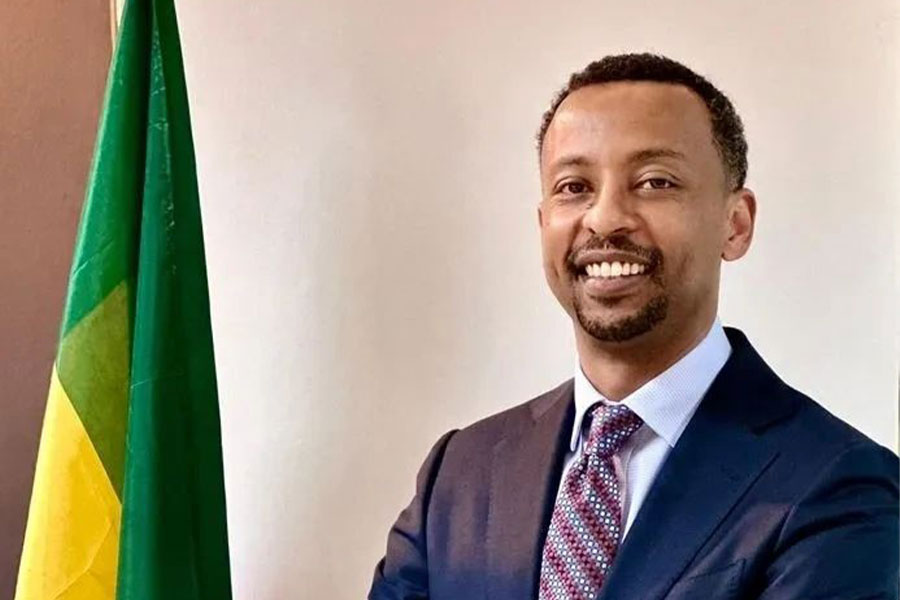

Brook Taye (PhD), CEO of Ethiopian Investment Holdings (EIH) and ECMA board member, has been named Chairperson of the Ethiopian Securities Exchange (ESX). The appointment follows the Ethiopian Capital Market Authority’s approval of the new ESX Board of Directors last week, a key step in strengthening the capital market infrastructure. The board features prominent figures from finance, banking, and investment, including Helaway Tadesse, Deputy Chair and former IMF economist; Abraham WoldeMichael, Head of Risk Management at TDB; Berhanu Balcha, CFO of Awash Bank; Ermias Andarge (PhD), President of Enat Bank; Fikru Tsegaye, Deputy Director at Ethiopian Reinsurance; and Hinjat Shamil, Ministry of Finance reform advisor. Other members include MekdesMezgebu, investment law specialist; Temi Popooola, CEO of Nigerian Exchange Group; Tewodros Mekonnen (PhD), Senior Country Economist at the International Growth Centre; and Yared Mola, CEO of Nyala Insurance and President of the Ethiopian Insurers Association.
[ssba-buttons]